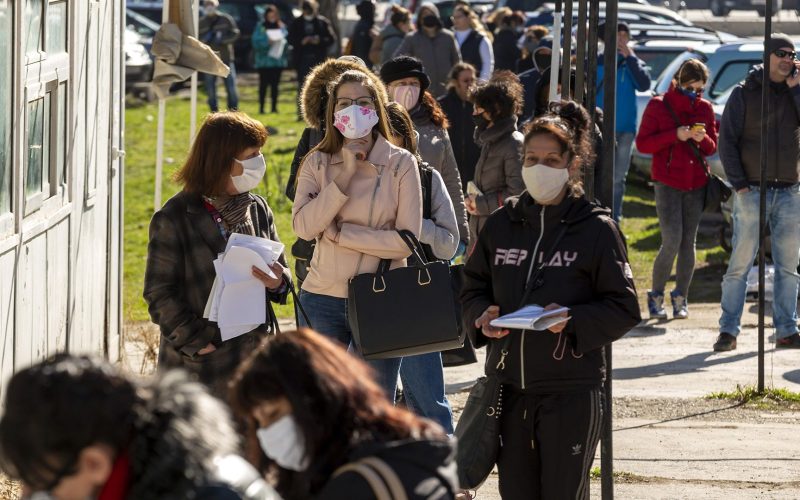THE VOICE FOR THE ENERGY CONSUMER

Consumer Energy Alliance has always been and – and continues to be – one of the most pro-environment, pro-emission reduction organizations in North America. Taking partial statements without providing context.

CEA New Mexico director Matt Gonzales examines why federal leasing is important to New Mexico’s economy, how it funds education, and how a federal ban on leasing will have negative.

This week everyone’s talking about remembering the ‘Notorious RBG,’ Schitt’s Creek sweeping the Emmy Awards, the Pac-12 reversing course by announcing they will play football starting later this year, and.

WASHINGTON, D.C. – An overwhelming majority of voters in Texas (62%), Louisiana (72%), Mississippi (73%) and Alabama (70%) support sensible offshore exploration and production in the Gulf of Mexico, a.

This week TikTok’s parent company Bytedance announced being close to wrapping up new negotiations with White House officials over US ownership of the app via Oracle. And while we are.

CEA’s David Holt discusses the continued economic setbacks families across the country may face as a result of delays in modernizing our nation’s energy infrastructure. Attacks on traditional (and, increasingly,.

Consumer Energy Alliance’s Chris Ventura discussed the recently released report, “How Pipelines Can Spur Immediate Post-COVID Economic Recovery,” and how more than $13.6 billion in economic activity and over 66,000.

CEA’s Mike Butler examines the environmental improvements that have been made across Pennsylvania thanks to natural gas, nuclear energy, conservation, efficiency, and an increase in carbon-free generation. Even without being.

This week Americans commemorated the 19th anniversary of the 9/11 attacks, said farewell to the clothing chain Century 21 that survived 9/11 but couldn’t outlast the coronavirus, and watched Oregonians.

WASHINGTON, D.C. – Delays, obstruction or cancellation of pipeline infrastructure projects are threatening at least $13.6 billion in economic activity, over 66,000 jobs and more than $280 million a year.